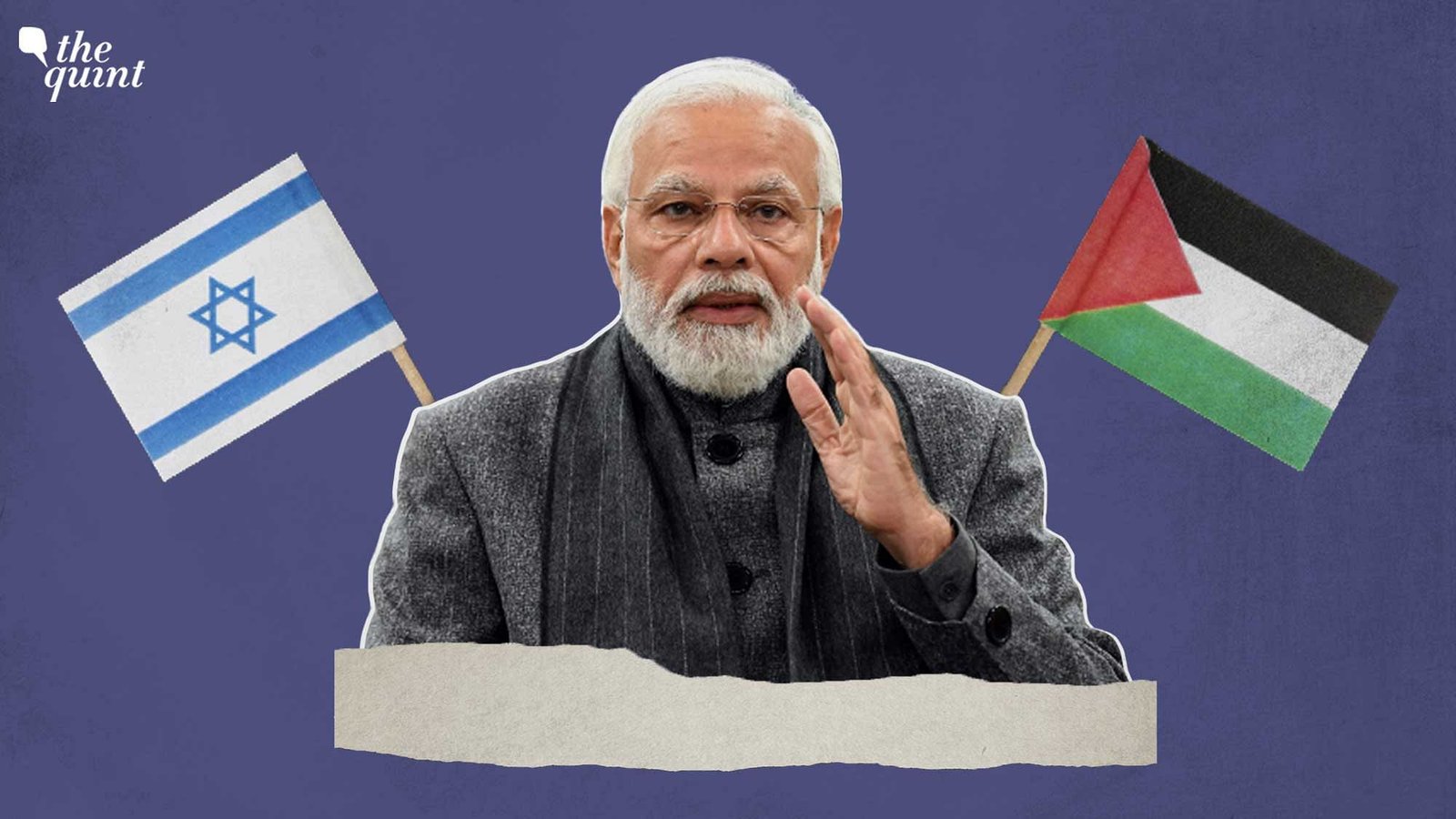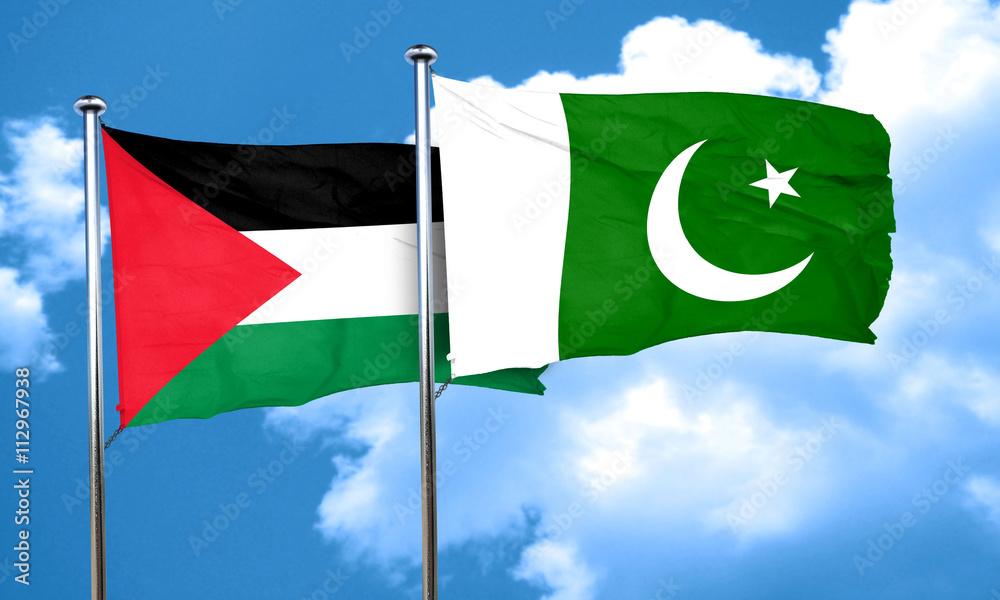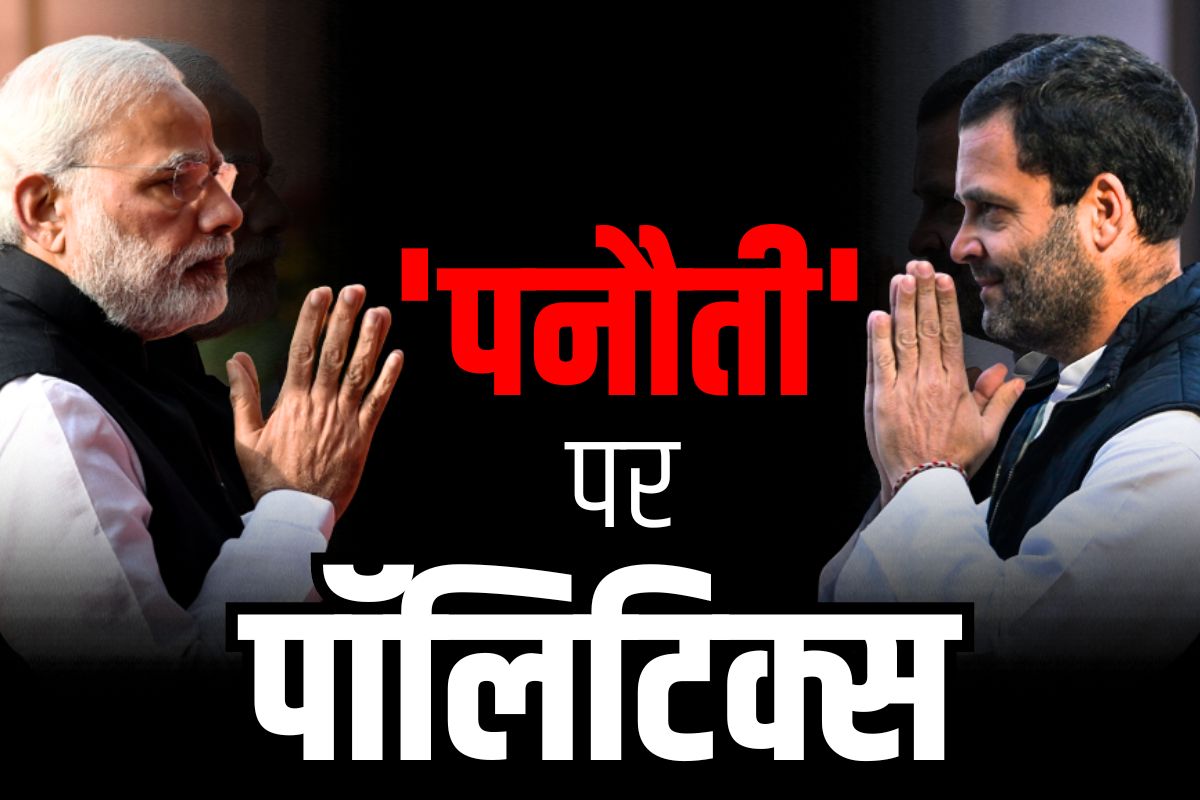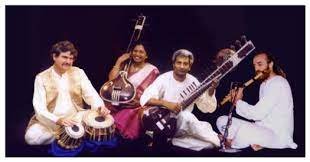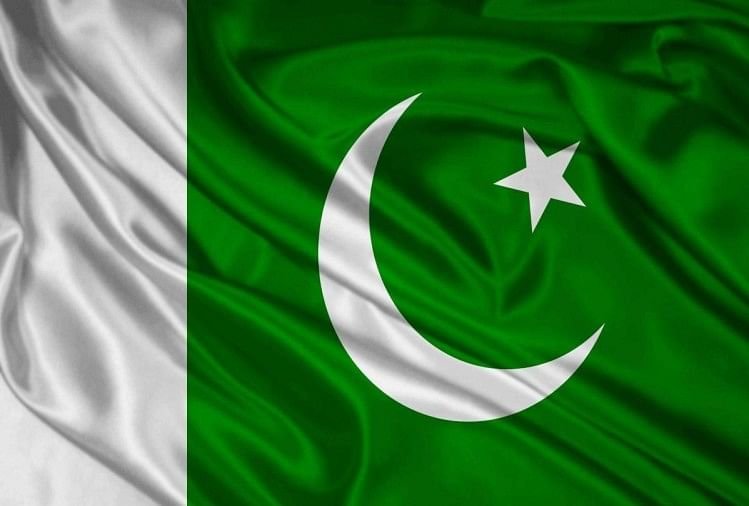Indian Diaspora Shows Divided Support Over Israel Palestine Conflict
100,000 Indian diaspora marched through central London yesterday in support of Israel in the recent conflict It is certain that these marchers were all Hindus, and not a single Muslim. They were waving Israeli and Indian flags. They were condemning Hamas’ attack on Israel on 7th October, but not simultaneouly condemning theContinue Reading
